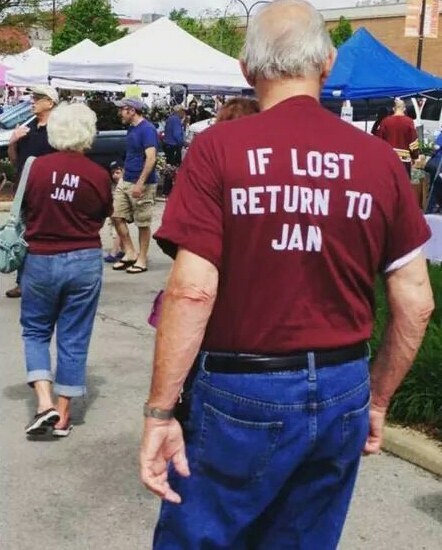My parents, Jeff and Linda, spent less than $500 on their entire wedding. Today’s “Say Yes to the Dress” brides would have scoffed at their Dollar General streamers and lack of centerpieces, but somehow they’ve made it 30 years together since the day they took their vows. That’s how their relationship always was—no flash or frills or romantic gestures.
Every time Sweetest Day rolls around in the middle of October, I start thinking about their cheap wedding in 1986 and what this holiday really says about love.
According to Hallmark, Sweetest Day has been around since 1922 and began right upstate in Cleveland, Ohio. A candy company employee named Herbert Kingston would give out candy and small gifts to orphans and shut-ins to simply show them that someone cared.
While this holiday is still observed by a fair number of people here in the Midwest, most people don’t celebrate it as Kingston did. Sweetest Day is, quite honestly, nothing but a Valentine’s Day 2.0.
I get sick of hearing the same dull story that’s reiterated every year with these holidays. It’s just another day for teenage boys to budget their minimum wage salary to buy something for the girl they’ve been dating for two months, another special occasion for husbands to forget, and another day for self-deemed spinsters to anticipate buying discounted candy the next morning.
This holiday encourages the idea that couples who buy gifts for one another constantly are much deeper in love than couples that don’t.
Don’t get me wrong, a sweet note or small gifts every once in awhile can be a good way to make your significant other feel appreciated, but now it seems this is all we care about.
So many people have taken on this mentality that if their partner doesn’t treat them like royalty, they should be kicked to the curb.
Sometimes we might feel like nothing seems to be enough, and we need constant reassurance that our significant others still love and care about us.
Social media continues to perpetuate this idea, giving us an entire feed of our peers receiving lavish gifts and romantic getaways from their significant others.
Seeing others get gifts makes us feel less appreciated by their own significant others when we may receive less or nothing at all.
We succumb to the pitfalls of comparison with our relationships. We end up truly believing that if someone really cares about us, they will buy us nice things or write deeply moving sonnets that put Shakespeare to shame.
We worry not only about how not getting gifts makes us feel in a relationship, but what others think. Couples strive to look good from the outside—like they never fight, do nothing but spoil each other, and still get butterflies every time the other walks in the room.
Sweetest Day feeds into this idea of “I love you this many dollars worth,” and I think this does nothing but cheapen the idea of love.
A person can buy you a Pandora ring and still leave you when things get tough. A person can buy you a Kate Spade bag and cheat on you a month later. Material gifts don’t mean a thing when it comes to commitment and they certainly do not mean “I love you.”
Someone says “I love you” when they tell you to put your seat belt on or can’t go to bed angry with you. They compromise on what restaurant to eat at and don’t get angry when you steal fries off of their plate.
We brush by these little things as if they mean nothing at all; even though these things aren’t in the most obvious form, they mean the most in the long run.
My parents didn’t give gifts or even acknowledge Sweetest Day, but through job lay-offs and paying for braces and empty nest syndrome, their marriage has survived. And I just don’t think a box of chocolates or a bouquet of roses could encompass the strength behind that.

